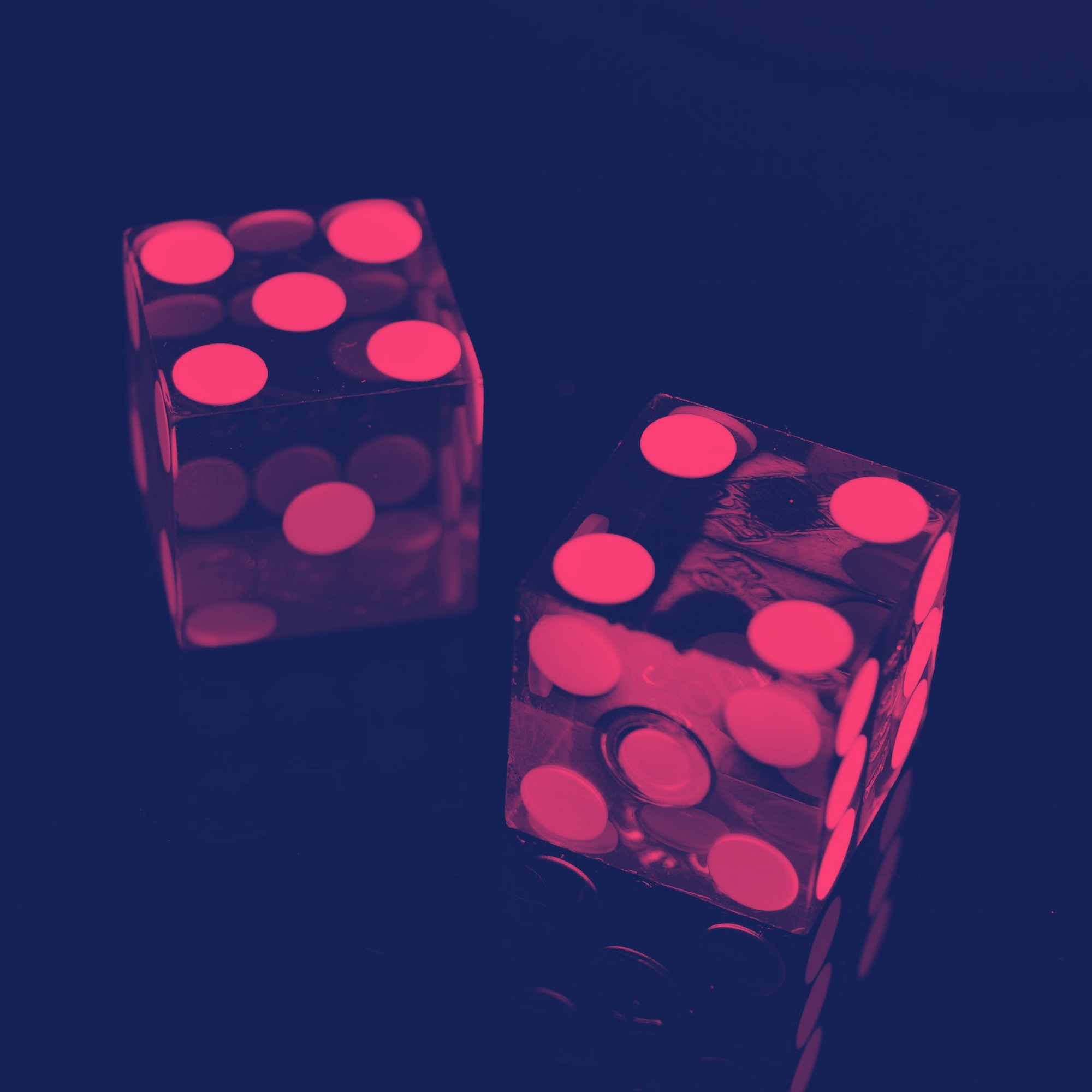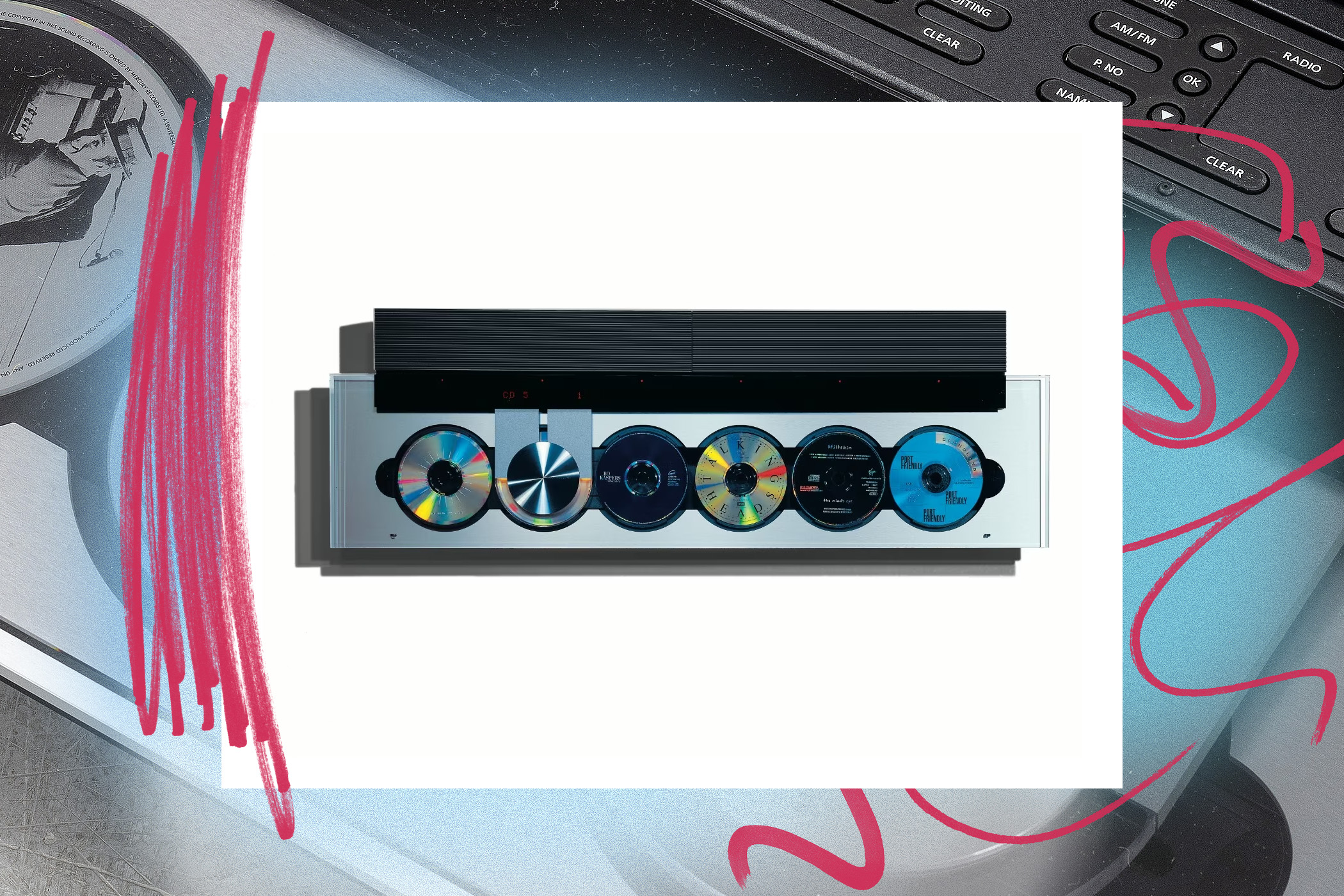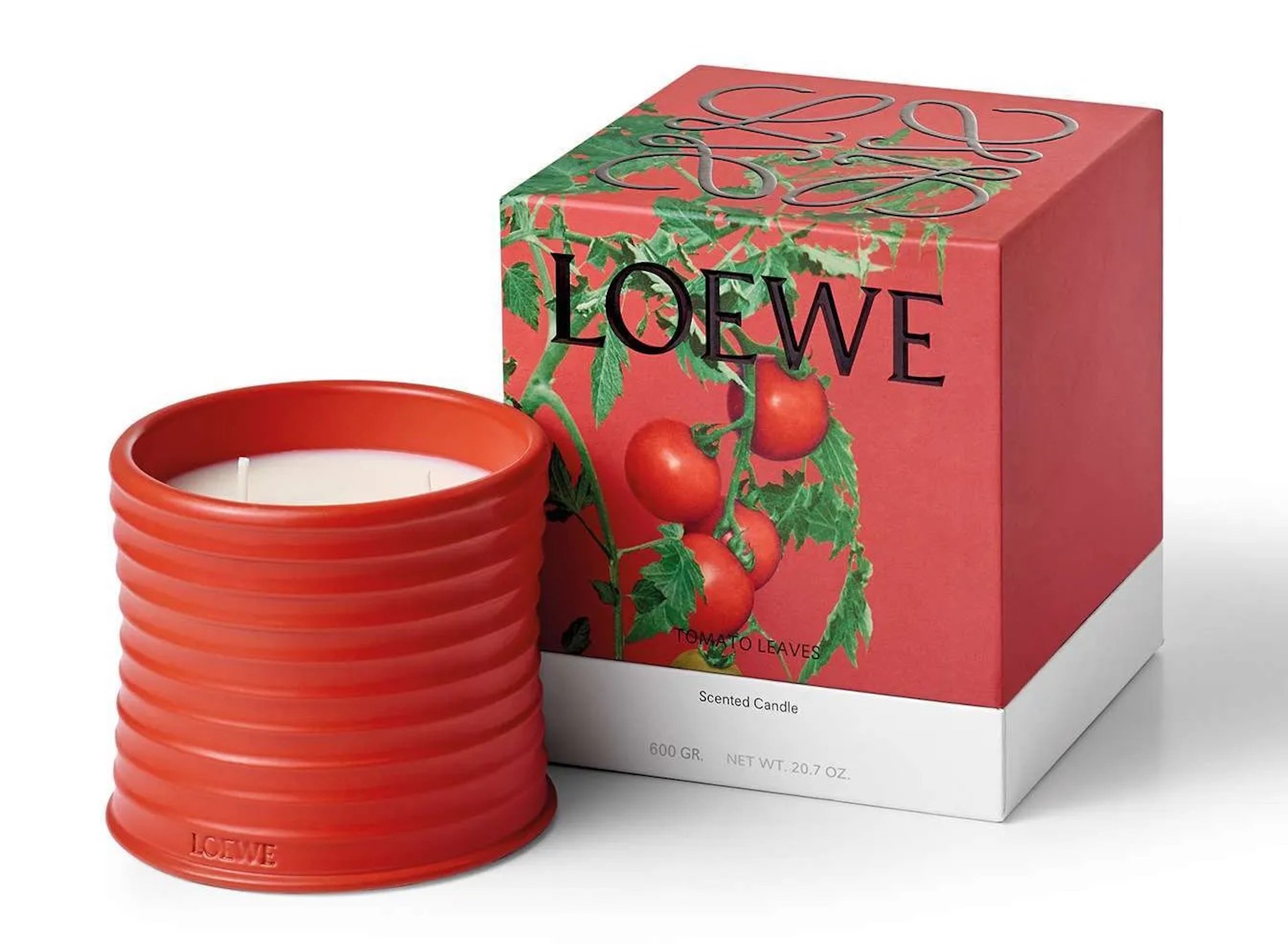
Prince in a 1999 interview with MTV News.
Omar Garcia on the growing homogeneity of mainstream pop. Plus, your weekend reading list.
In music’s streaming era, purity within genres is no longer relevant or necessary. Though platforms like Spotify and Apple Music may attempt to put artists into sonic boxes and bundle them into playlists, popular music has come to resemble a melting pot.
We see this with artists directly sampling a record to repurpose it in a more modern context (Jack Harlow’s “First Class,” Paul Russell’s “Lil Boo Thang”), interpolating a chorus or rhythm without directly sampling (Charli XCX’s “Beg for You,” Miley Cyrus’s “Flowers”), or just generally referencing the sound of an era (Greta Van Fleet’s entire discography). These days, musicians are accustomed to “sampling the sample,” a prediction Prince made back in 1999. Just look at the Billboard Top 100 or, if you’re a Spotify listener, the New Music Friday playlist. The hook of Peggy Gou’s “(It Goes Like) Nanana'' is a blend of ATB’s wavy “9PM (Till I Come)” and A Touch Of Class’s catchy “Around the World (La La La La La)”. To this end, mainstream pop acts are often working with the same roster of producers, giving rise to a homogenous sound across different artists and albums. The ascendant K-pop group NewJeans, for example, incorporated moombahton, electropop, and hip hop into their first two EPs, under the guidance of R&B songwriter Erika de Casier, who’s worked with Dua Lipa and Blood Orange.
Thus, most mainstream music carries an amalgamation of influence overlapping through Hip-Hop, Pop Punk, and R&B. I’ve dubbed this melting pot music, a tendency that is reflected in two recent albums from major artists, Olivia Rodrigo and Drake. This is, of course, not a new concept: Artists have borrowed from others’ sounds since the beginning of time. But one can argue that this phenomenon has grown exponentially with the sheer availability of music, both contemporary and historical.
On Olivia Rodrigo’s sophomore album, Guts, she embraces the referential abundance of Gen Z that recalls the youth of her parents’ generation. “Rodrigo’s music feels much more like a YouTube playlist of songs that your mom really liked when she was in college,” observed Jay Caspian Kang in The New Yorker. Rodrigo channels sounds reminiscent of late ‘80s, ‘90s and 2000s bands like Weezer, Alanis Morissette, and The Cure, which she peppers with her own lyrics of modern teenage angst and romantic realization. (In other words, “turn of the century” music, although I can’t recommend referring to 1999 this way in multi-generational company.) These references come on quickly during the album. You’re telling me this isn’t Miley Cyrus’s “Start All Over” from 2007?! I thought, during the album’s opening track, “all-american bitch”.
While previous generations grew up in a time when music was attached to specific regional scenes (Midwestern emo, Seattle grunge, New York hip hop), Gen Z came of age listening to music on the internet and this, in turn, reflects the music they make. The breadth of references in Rodrigo’s album, like Fiona Apple and Avril Lavigne, is indicative of someone whose “scene” is the Spotify recommendation algorithm.
 | Oct 30, 2023 “Son, this isn’t art.” |
 | Nov 1, 2023 "I’m a lot of things but I’m not home" |
|
|  | Nov 2, 2023 |
|
|  | Nov 3, 2023 |
|
|  | Aug 7, 2022 |
|
|  | Oct 20, 2023 |
|
|  | Sep 27, 2023 |
|









